On the sidelines of the Hanoi Convention signing ceremony, a thematic discussion session was held as an opportunity for countries to share experiences, solutions and enhance cooperation in preventing and combating cybercrime, towards building a safe, healthy and sustainable cyberspace.
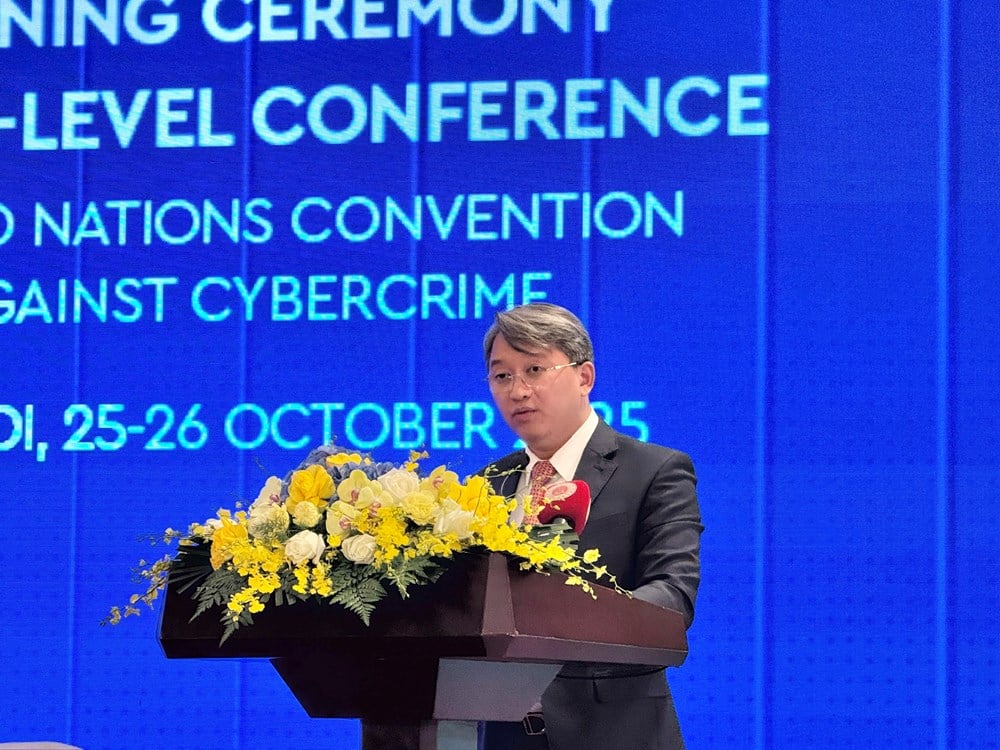
Speaking at the discussion session, Vietnamese Minister of Justice Nguyen Hai Ninh emphasized that 25 years after the United Nations Convention against Transnational Organized Crime (Palermo Convention) was adopted in Italy in 2000 - the first global legal document on preventing and combating transnational crime, the world has just witnessed the birth of the next global convention in this field - the Hanoi Convention.
The journey from the Palermo Convention to the Hanoi Convention is not only a symbolic legacy, but also reflects the international community's persistent and responsible efforts to promote multilateral cooperation, harmonize laws and build flexible response mechanisms to the increasingly complex cross-border legal challenges of the 21st century.
The Vietnamese Minister of Justice emphasized: “We are living in the era of the 4.0 Industrial Revolution, shaped by breakthrough technologies such as artificial intelligence (AI), big data, blockchain and the internet of things (IoT). In which, data has become a strategic resource, bringing great economic and social values, opening a new era of development, where every individual can connect, learn and create without borders.

However, along with technological achievements is the rapid increase of cybercrime with global scale and increasingly complex methods of operation. These threats not only cause economic damage but also directly threaten national security, human rights and civil rights.
In that context, the signing ceremony of the Hanoi Convention is of special significance, serving as a forum for the international community to express its commitment and unify actions in the fight against cross-border cybercrime.
“Based on that spirit of cooperation and clearly recognizing the above challenges, in Vietnam, we believe that the core values of digital transformation and technology must be built on the foundation of ensuring human rights and civil rights in the digital environment,” Minister Nguyen Hai Ninh affirmed.
To realize the above viewpoint, Minister of Justice Nguyen Hai Ninh emphasized the need to focus on perfecting the legal framework on protecting human rights and citizens' rights in the digital environment, based on the foundation of international treaties on human rights.
Along with that, it is necessary to ensure harmony between national law and international law, linking the principles of international law with the specific conditions of each country. In addition, ensuring human rights and civil rights in the digital transformation era must be associated with protecting national and ethnic interests.
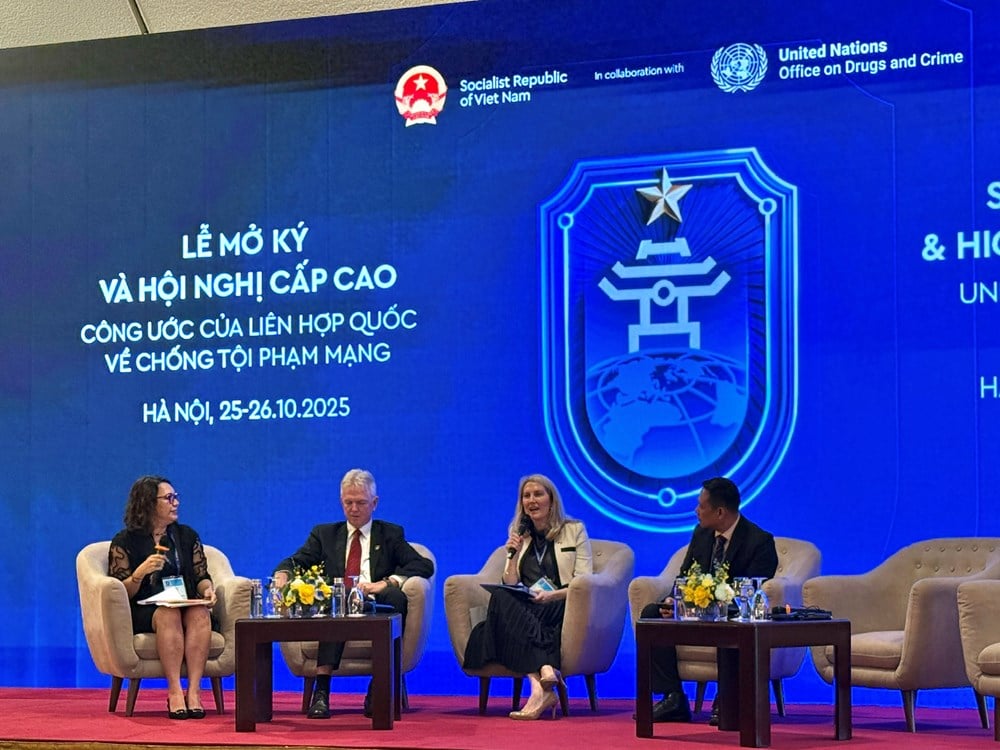
Minister Nguyen Hai Ninh added that protecting citizens in cyberspace is not only the core role of the State but also the responsibility of individuals, businesses, organizations and the whole society.
“The signing ceremony of the Hanoi Convention is not only an important milestone in building an international legal regime on cyber security, but also affirms the proactive and responsible role of countries in establishing a global cooperation framework to deal with cybercrime.
In that spirit, Vietnam is ready to cooperate comprehensively with member countries, international organizations and private partners to build a safe and healthy cyberspace, promote sustainable development and protect global human values,” said Minister Nguyen Hai Ninh.
At the discussion session, Turkish Justice Minister Yilmaz Tunc said that the Hanoi Convention is a testament to the joint efforts of countries in promoting peace, security and cooperation in the digital age. According to him, this is not only an important step forward in protecting citizens from cybercrime but also demonstrates the spirit of global solidarity, working towards a safe, human-centered cyberspace.
Minister Yilmaz Tunc said that digital transformation and digitalization have brought profound changes to the economic and social life of countries. In Türkiye, this process has brought many practical benefits, but also posed challenges in protecting people from misinformation and harmful content online.
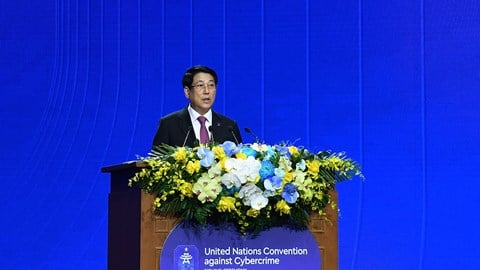
The Hanoi Convention sends three clear messages.
“Türkiye has issued many legal regulations related to the internet and is considering amending and supplementing regulations and legal documents to suit the rapid development of science and technology. In the context of strong technological development, building appropriate legal tools and strengthening international cooperation is extremely necessary to better protect people in cyberspace,” Minister Yilmaz Tunc emphasized.
In addition to Türkiye, in Australia, the country identifies that preventing and combating cybercrime and protecting people is a shared responsibility of the entire Australian Government system.
Various tools, protection and reporting mechanisms have been put in place to enhance the protection of citizens from cybercrime. The country’s solutions also pay special attention to vulnerable groups such as children, women and the disadvantaged.
Notably, Australia has implemented a “one-stop shop” mechanism to help victims quickly report cybercrimes. In addition, the country has also promoted training and capacity building for students to help them identify early signs of cybercrime, contributing to building a safe and healthy online environment.
Sharing the same view, Dutch Ambassador-at-Large for Cyber Issues Ernst Noorman said that one of the core elements of preventing cybercrime is to improve the “self-defense” ability of users, including teenagers.
In the Netherlands, the country has many academies that train young people in safe internet use skills. The country has also increased cooperation with technology companies in the fight against cybercrime.
Along with that, the Netherlands also deploys intervention solutions to prevent and stop the recurrence of violations of the law in cyberspace and develop young people's talents in the field of information technology in accordance with the law.
At the discussion session, representatives of countries also shared experiences in applying science and technology to the judiciary; solutions to prevent and combat high-tech crimes; protection of personal data of internet users; solutions to improve network security infrastructure, etc.
Source: https://baovanhoa.vn/nhip-song-so/cung-hanh-dong-vi-khong-gian-mang-an-toan-va-nhan-van-176944.html


![[Photo] Prime Minister Pham Minh Chinh receives United Nations Secretary-General Antonio Guterres](https://vphoto.vietnam.vn/thumb/1200x675/vietnam/resource/IMAGE/2025/10/25/1761390212729_dsc-1484-jpg.webp)

![[Photo] Prime Minister Pham Minh Chinh and United Nations Secretary-General Antonio Guterres attend the Press Conference of the Hanoi Convention Signing Ceremony](https://vphoto.vietnam.vn/thumb/1200x675/vietnam/resource/IMAGE/2025/10/25/1761391413866_conguoctt-jpg.webp)
![[Photo] National Assembly Chairman Tran Thanh Man receives United Nations Secretary-General Antonio Guterres](https://vphoto.vietnam.vn/thumb/1200x675/vietnam/resource/IMAGE/2025/10/25/1761390815792_ctqh-jpg.webp)


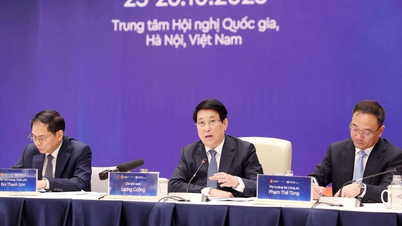


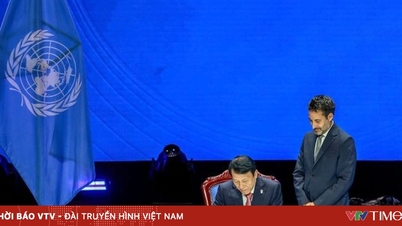

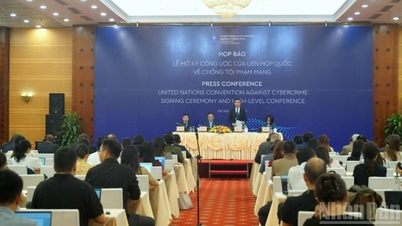
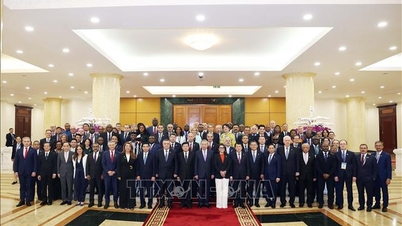

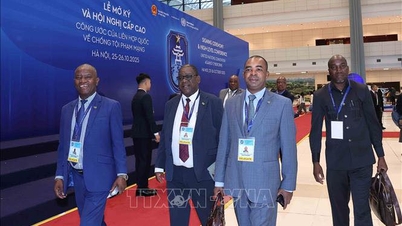


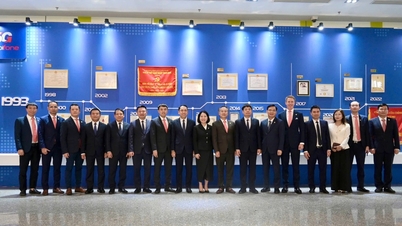


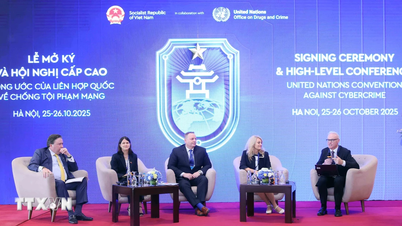



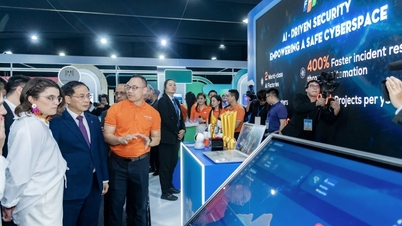




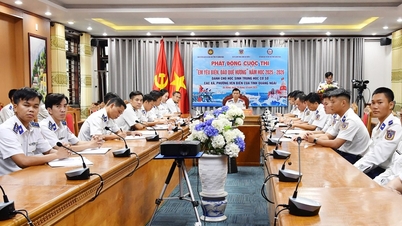

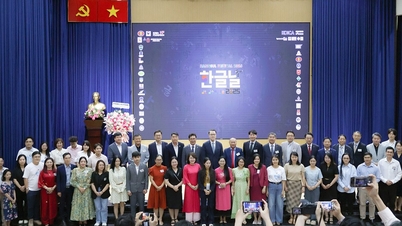

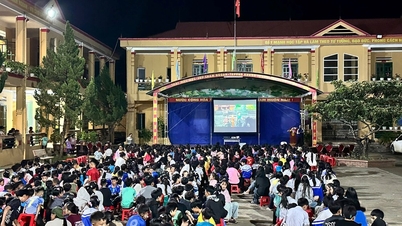
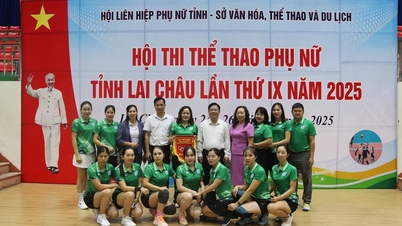
![[Photo] General Secretary To Lam meets with General Secretary and President of Laos Thongloun Sisoulith](https://vphoto.vietnam.vn/thumb/1200x675/vietnam/resource/IMAGE/2025/10/25/1761380913135_a1-bnd-4751-1374-7632-jpg.webp)



































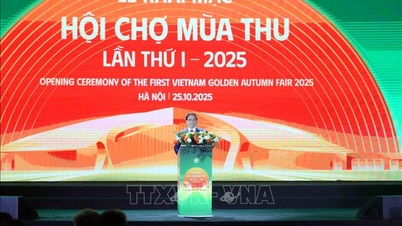

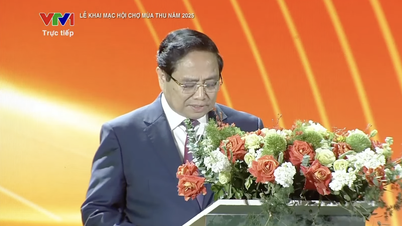






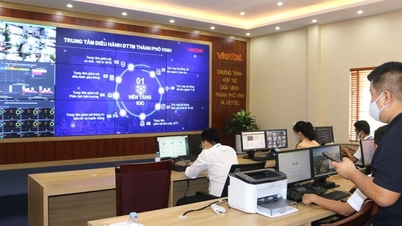

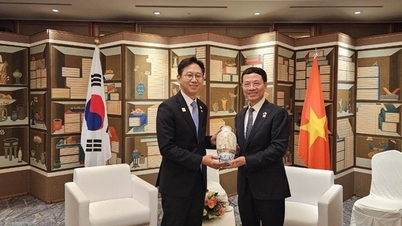

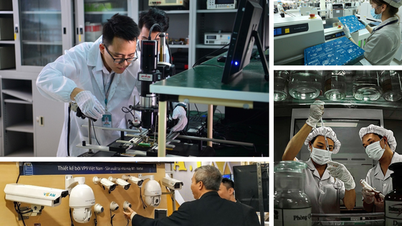
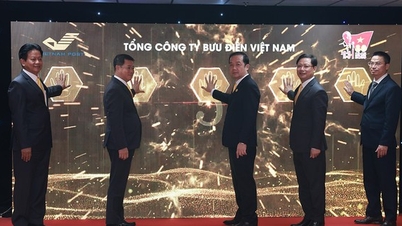
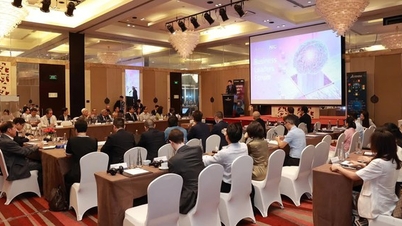



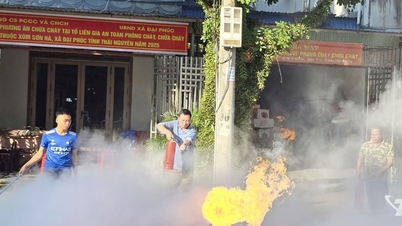





















Comment (0)